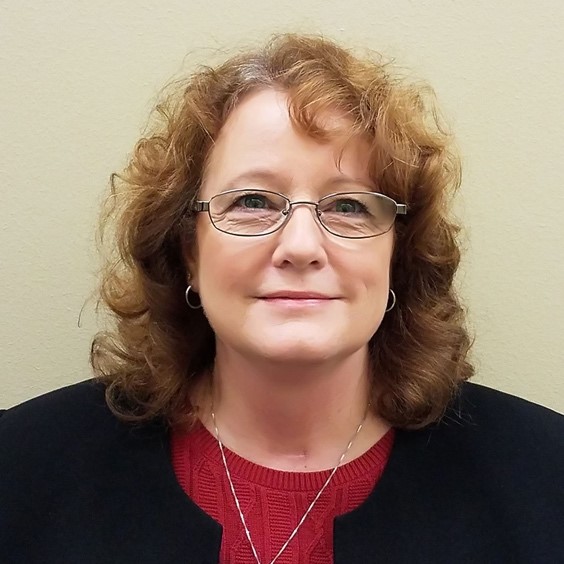American Psychological Association Division 50

Welcome to the Division 50 Early Career Psychologist Spotlight! The ECP spotlight is a chance for us to get acquainted with our Division’s up-and-coming talents, helping to shape the future of our specialty.
This month our featured ECP is Dr. Angela Broadus! Dr. Broadus is a training specialist with the Texas Juvenile Crime Prevention Center at Prairie View A&M University. She completed her doctorate at the University of Nevada, Reno, in the Interdisciplinary Social Psychology Doctoral Program. She has also trained with Nevada’s Substance Abuse Prevention and Treatment Agency (SAPTA) and Nevada’s Geriatric Education Center (GEC). She has taught and trained for the Center for the Application of Substance Abuse Technologies (CASAT).
What are your research interests?
I am interested in examining how attitudes substance use, misuse, and use disorders differ across various populations, and how this impacts stigma and discrimination; to this end, I am currently working to develop a measure called the Public Attitudes about Addiction Survey. I am also involved in conducting a statewide assessment for Texas juvenile needs.
What are your clinical interests?
I am not a clinical psychologist, although I do hold a Master’s degree in Clinical Psychology from Sam Houston State University. In this area, I am interested in educating people about co-occurring disorders – particularly among adolescents.
What are your educational /training interests? Are you currently involved with supervising students or early career professionals?
Currently, I teach continuing education workshops on substances of use, misuse, and use disorders. To date, we’ve developed 11, two-hour workshops and are working on several more. In the next year, we will be developing these same workshops in e-format. I supervise undergraduate assistants (usually 2) and one graduate research assistant in the Clinical Adolescent Psychology Doctoral program. I also teach online undergraduate courses at the University of Nevada, Reno for CASAT. For Fall 2018, I am teaching an upper undergraduate/graduate class on Fetal Alcohol Spectrum Disorders.
What are your policy/advocacy interests?
My policy/advocacy interests lie in the need to increase the availability (and funding for) addiction studies programs at the undergraduate and graduate level. Texas has a serious workforce shortage of substance abuse and mental health providers, particularly in the state’s rural communities. To address this, we need to support development of college curriculum that prepares students to sit for their provider licensure exams. We also need funding to attract providers to these rural areas.
How did you get interested in addictive behaviors?
I worked almost 20 years between the Texas Department of Criminal Justice, Oregon’s Community Corrections Center, and California’s Department of Corrections, Adult Research Department. During that time, I saw many whose lives were destroyed from substance dependence. I also saw witnessed staff and state government’s negative attitudes toward those with substance use disorders. In many cases, biases stemmed from ignorance about the development of substance use disorders and morally-based based beliefs about individual self-control over use behaviors. My desire is to begin the change in attitudes through education and advocacy.
What motivated you to join the Society on Addiction Psychology (Division 50)?
I hold degrees in Clinical and Social Psychology, so SoAP seemed to be the perfect fit for my background and interests.
What programs or initiatives would you like to see SoAP address? How can SoAP aid with your career goals and interests?
I am not a therapist, so belonging to a group that focuses on therapists can be a challenge. If anything, I would encourage SoAP to broaden their programs to include those providing prevention programs. Prevention and intervention (e.g., treatment) work well together and this could be better reflected in this society.
Any other information that you would like to share about yourself with other SoAP members?
Outside of work --- I pull weeds, play with grandchildren, read, travel, and enjoy life. My goal for next year is to travel even more!
Thank you for being part of Division 50, Angela! We’re grateful to have you in our community, and excited to follow you in your career!

Resources are available for those struggling with addiction and numerous effective treatments exist. Whether you are looking for help for yourself or a loved one, we encourage you to seek out help.